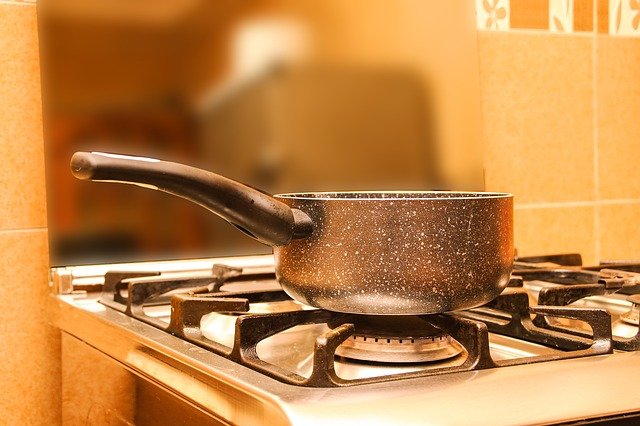Summers can be a joyous time for children getting a break from their tedious school routines and families planning vacations. The high incidence of water-borne diseases in India during summer is a real threat, and serious measures need to be taken to avoid them. The sales of water purifiers are seeing steady growth because of the people’s awareness about these diseases.
The scorching heat during dry summers prompts people to drink water from contaminated sources to quench their thirst. This can lead to a hike in the number of people affected by water-borne illnesses.
The unhygienic ice used in roadside shops selling juices and soft drinks could be another source of water-borne diseases. Water scarcity can also force people to consume contaminated water.
Water borne Diseases and Its Causes
Water-borne diseases are caused by water contaminated with viruses, bacteria, and parasites. The many illnesses transmitted due to unclean water include
- Diarrhoea
- Cholera
- Typhoid
- Malaria
- Filariasis
- Hepatitis A
In India, Diarrhoea is one of the leading causes of child mortality. It has led to 13% of all deaths of children under the age of 5 years. Diarrhoea is responsible for a reported 485000 deaths per year worldwide.
These alarming statistics reiterate the need to intensify efforts to spread awareness to avoid water-borne illnesses.
Implement Strict Personal Hygienic Practices to prevent water borne diseases
Regular washing of hands after toilet use and before eating is essential. Use sanitizers or soaps to wash hands thoroughly, particularly after a toilet visit or contact with pets.

1. Boil Water
In India, water is usually treated with bleach before supply. Liquid chlorine can be used to purify water stored in tanks. Chlorine being a volatile gas can evaporate, and hence it is advisable to boil water supplied by municipal corporations and government bodies. Boiled water has a risk of recontamination and hence, it is important to store it safely in a clean container.

2. Clean Home and Surroundings
Don’t allow water to stagnate anywhere near your house as it is the breeding place for mosquitoes causing Malaria and other diseases. Clean the toilets with powerful disinfectants and make sure to flush stool regularly.

3. Food Safety
The following steps needed to be followed to ensure that food does not get contaminated
- Sanitize kitchen counters and refrigerators regularly.
- Clean the utensils and cutting boards with disinfecting soap.
- Cook meat thoroughly.
- Keep your cooked food covered.
- Drink or eat milk and dairy products only if pasteurized.
- Use clean water to wash grains, raw vegetables, and fruits

4. Use Filtered Water
Boiling can kill pathogens in water, but it cannot remove the harmful chemicals in unsafe water. Use a high-quality purifier that eliminates microbes and pesticides. An effective filter can also remove traces of heavy metal found in water which can cause a wide range of diseases.
Use the best Water purifier in India, which can also maintain the right pH if your water tends to be acidic. In addition to eliminating herbicides, these purifiers can also remove free radicals caused by pollution.
5. Recreational Water Illnesses
The risk of contamination in poorly maintained public swimming pools is high. The chemicals in the pool water can also turn into gas, affecting the quality of air in indoor pools.
Avoid swallowing water from pools. People with weak immunity, children and the elderly are at high risk in pools with contaminated water.

6. Beware of Bottled Water
Reports suggest that some sellers can fill tap water in previously used branded water bottles. Don’t buy bottled water from shady vendors who might sell it for lesser prices. Carry your own water while travelling or get bottled water only from trusted sources.
Keep in mind that prevention is better than seeking a cure because some water-borne diseases are fatal. Use the best water purifier for home use to rest assured about the water quality. Follow strict guidelines for cleanliness and practice safe handling of food to prevent water-borne illnesses in summer



